We spend a lot of money on food and to be honest, we don’t even need all that much of it. We want it, but we don’t really need it. Think about how much food you’re throwing away every week, because you are throwing away a lot of it. We all could use some great money management tips but food isn’t really something we think to be stingy about, is it? Food is always a priority, but saving money on food can be done, without hurting your taste buds too much. We’ve got 10 ways to save money on food, so read on and take notes.
10. Don’t Waste Food
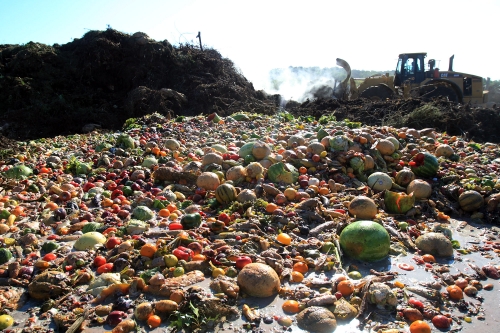
When you’re out shopping and you’re filling your cart with food, think about what you’ll do with each piece of grocery before putting it in your cart. Did you know that according to the Environmental Protection Agency, Americans generate about 30 million tons of food waste every year? That is a lot of food that could have been used to feed people who don’t have access to food.
9. Flavor Doesn’t Have to be Expensive
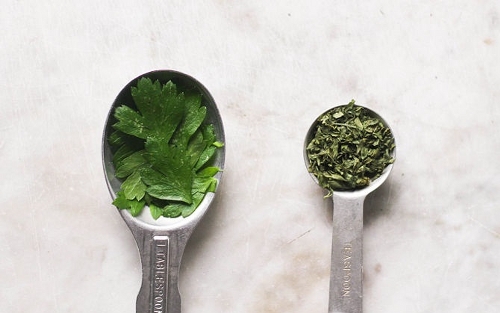
We know that fresh herbs are amazing, but they’re also very expensive. Dried herbs are a great alternative to the fresh kind, and they also store much better. If a recipe calls for 1 tablespoon of fresh basil, use 1 teaspoon of the dry variety. Basil, thyme, oregano and tarragon are great when dried, but parsley and dill lose almost their entire flavor.
8. Go Generic

Generic brands aren’t all that bad! All food manufacturers follow strict standards when it comes to food safety, so next time when you’re buying cheese, don’t be afraid to choose the product that’s merely labeled cheese. Read the ingredient list, if you don’t feel like you can trust a product. Generic brands may not be as tasty as the brand names, but they’re a lot cheaper.
7. Buy Produce That’s in Season

Buying produce that’s in season is the perfect way to ensure that your table’s full of fresh and healthy vegetables at a fraction of the price they would cost when they’re not in season. You’ll also get to experience variety. Go to local farmers’ markets, the prices are much lower than at convenient stores, even for seasonal produce, because they don’t include shipping costs.
6. Frozen, Canned and Dried
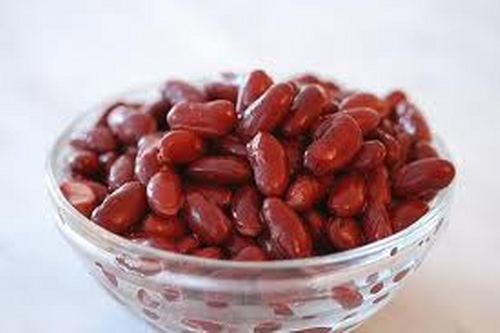
Frozen vegetables keep their nutritional value, vitamins and minerals, while canned vegetables, not so much. As for beans, you can buy the canned ones of any kind, because they’ll keep for an eternity. Also, dried fruits are concentrated in flavor and they’ll also keep for a long time and they’re perfect for when you’re craving something sweet. Stores usually have great deals from time to time on canned and frozen vegetables and beans, so keep an eye out!
5. Save on Protein Foods
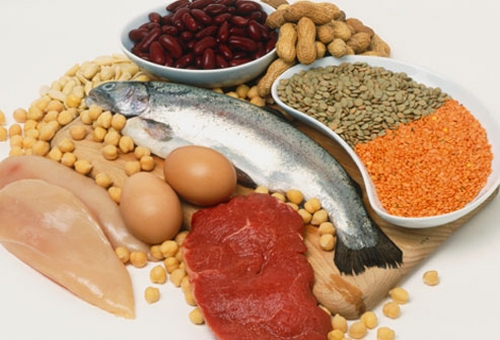
A great way to save money on food is to substitute inexpensive vegetarian sources for the more expensive meat. Replace meat with tofu, lentils and beans at least one day a week and your wallet and stomach will thank you. Also, eggs are also a great source of protein and they’ll quite cheap!
4. Learn to Adore Potatoes

If you don’t adore potatoes already, learn to do it, because they’re not only inexpensive, but also incredibly versatile and a good source of potassium, fiber and vitamin C (if you leave the skin on). Oven baked potatoes with dried rosemary and olive oil, served with green beans will rock your world.
3. Use the Whole Chicken
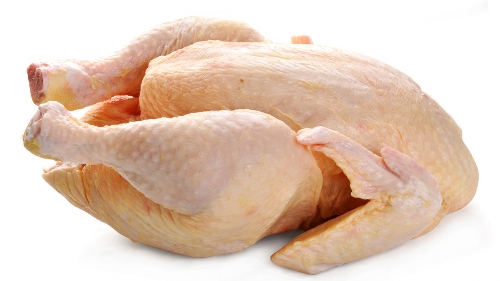
Chicken breast is yummy and healthy, but it’s also the most expensive part of the chicken, so next time you’re buying chicken meat, think about getting and using a whole chicken. Roast it or grill it, or portion it and make casseroles and use the leftovers for soups and broths. Did you know that a chicken’s throat is considered a delicacy in many countries? Try it, it might pleasantly surprise you.
2. Buy in Bulk and Cook in Bulk, Too

Buying in bulk is a great way to save money, but do make sure that the food is going to get eaten and not thrown away. Cook in bulk and you’ll save time and money. If you don’t have a large family, cook in bulk for yourself. Make a sturdy soup that will last you four days! And also, please, skip the prepackaged salad mix.
1. Plan Ahead and Make Lists

Always have a list with you when you go shopping, to avoid buying unnecessary things. Also, never do shopping when you’re hungry, you’ll end up buying too much food that will eventually go to waste. Plan ahead! For example, sit in your kitchen on Sunday morning and think about all the food you intend on cooking for the following week. Make a shopping list with only the things you need for the recipes and this way you’ll save lots of money and time.
Are you going to put in practice some or any of our ways to save money on food? Do you have any other tips for us and our readers? If you do, then please share them in our comment section below, we’d love to hear from you.

Leave a Reply